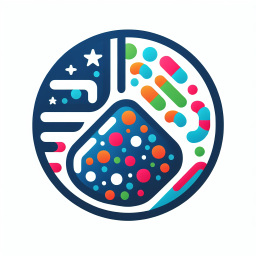- Uppercase
- PROBIOTICSAMERICA.COM
- Lowercase
- probioticsamerica.com
- TLD
- com
- Registered
- 08/21/2015
- Domain Age
- 10+ year(s)
- Registrar
- GoDaddy.com, LLC
ProbioticsAmerica.com: Your gateway to the booming wellness market!
The TLD '.com' signifies credibility and trust, making it an ideal choice for businesses looking to make a significant impact. Its concise and clear structure embodies what consumers seek: a reliable source for probiotic products or information.
Imagine launching an e-commerce platform for probiotic supplements, creating an educational blog about gut health, or establishing a community focused on wellness. ProbioticsAmerica.com opens doors to diverse opportunities.
This domain harnesses SEO potential by naturally integrating with trending keywords and phrases in the health space, driving organic traffic to your site.
Don't miss out on this chance to elevate your business! Act now and secure ProbioticsAmerica.com today. The health revolution is here, and it's waiting for you.
Categories / Tags
Seller Notes
Great opportunity! Founders and entrepreneurs: leverage this domain to establish authority in the booming wellness and probiotics niche.
Flexible, simple, and secure - pick the option that fits your needs
Buy Now
Passionate about this domain? Secure ownership by making an online payment today.
Buy Now
Lease to Own
Interested in leasing this domain? You can now make monthly payments and eventually own it.
x 12 months
Lease NowDomain Inquiry
If you have any questions or need additional information, please feel free to reach out to the seller by making an inquiry.
Trusted Marketplace
Secure your domain with our trusted US-based marketplace and start your online journey today!
Safe & Secure
Shop with confidence: 100% guaranteed safe and secure transactions for all your domain purchases.
Customer Support
Experience fast transfers and dedicated support for a seamless domain purchase.
We accept major credit cards & online payment methods
Payments are 100% safe and secure!
Supported payment methods








If you cannot find a preferred payment method or if it is not supported, please contact us through our customer support or social media channels, and we will gladly assist you.
